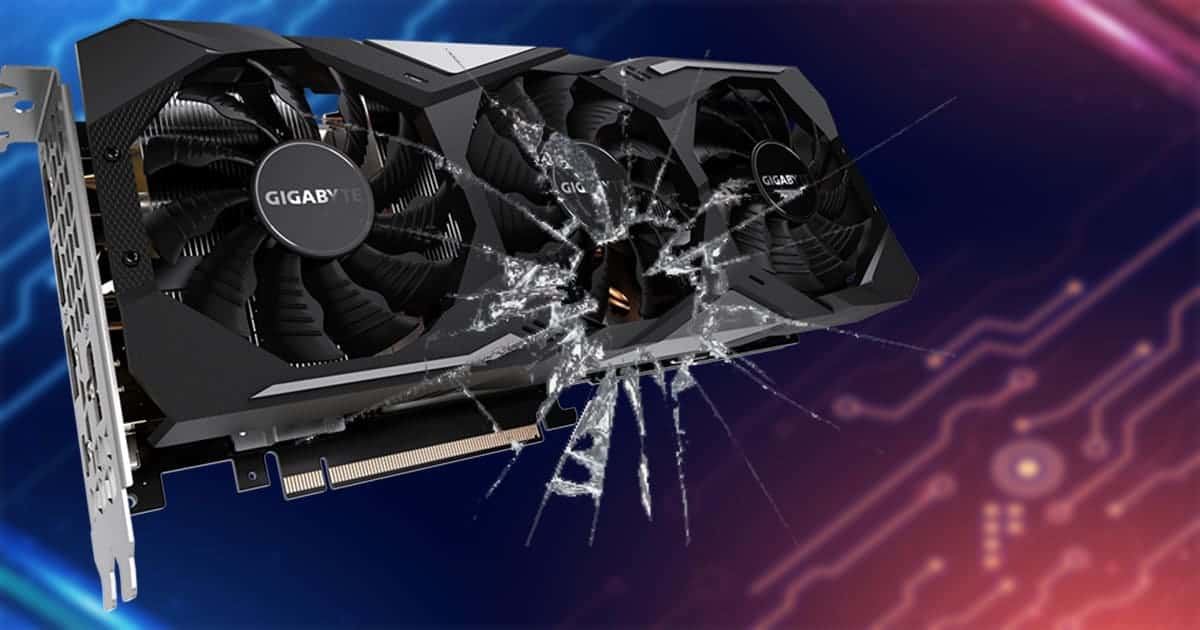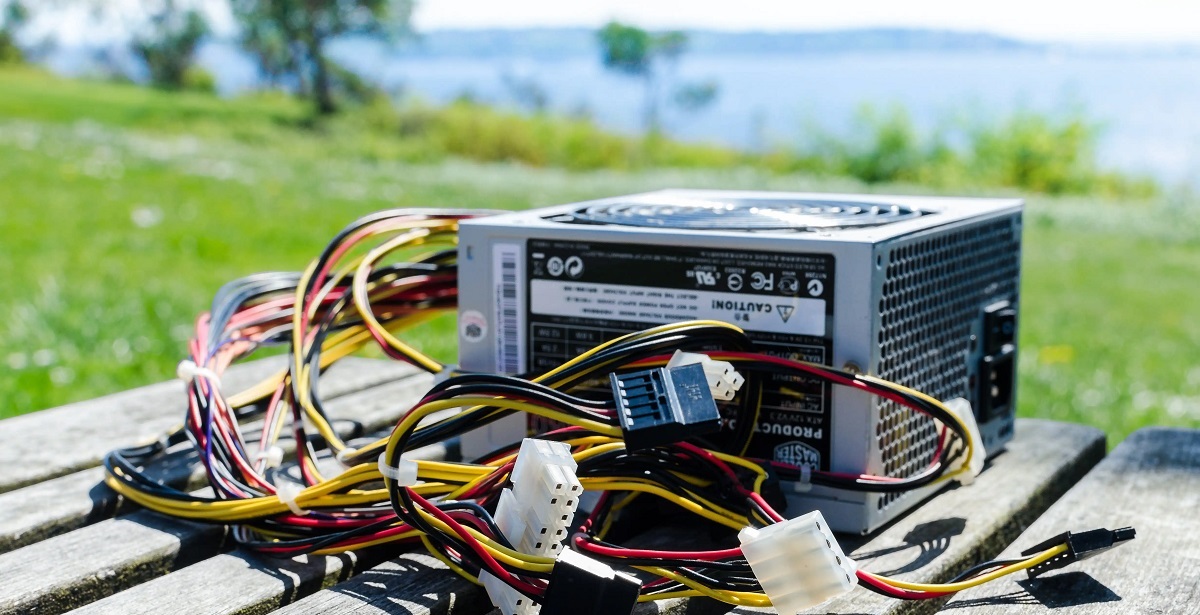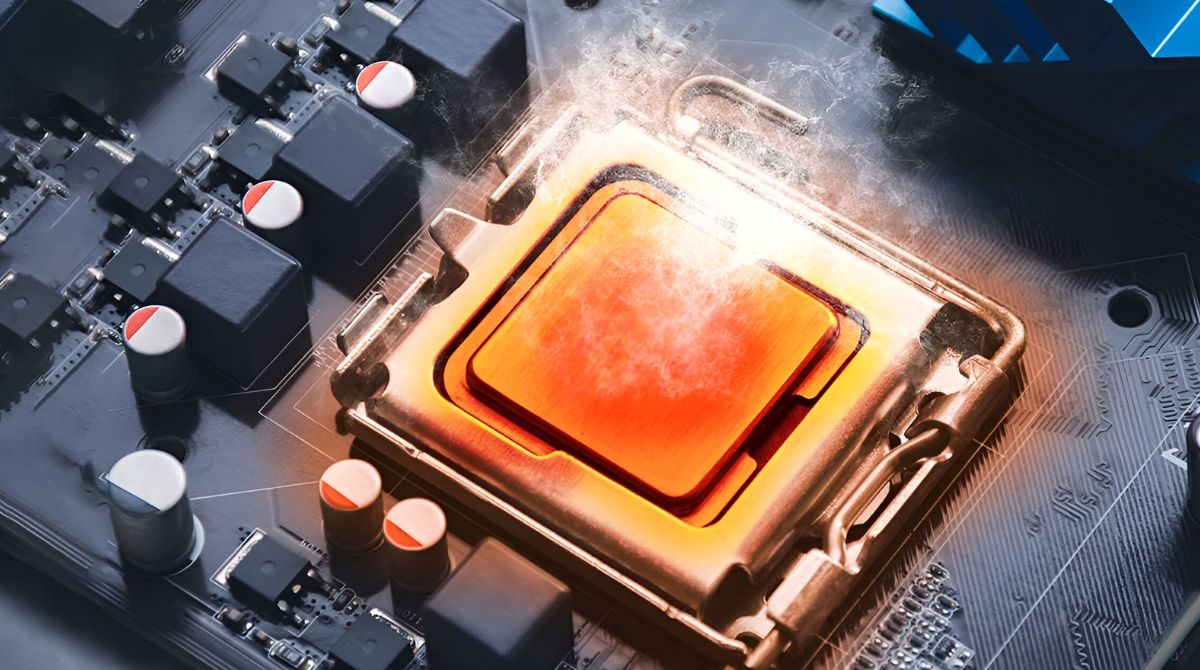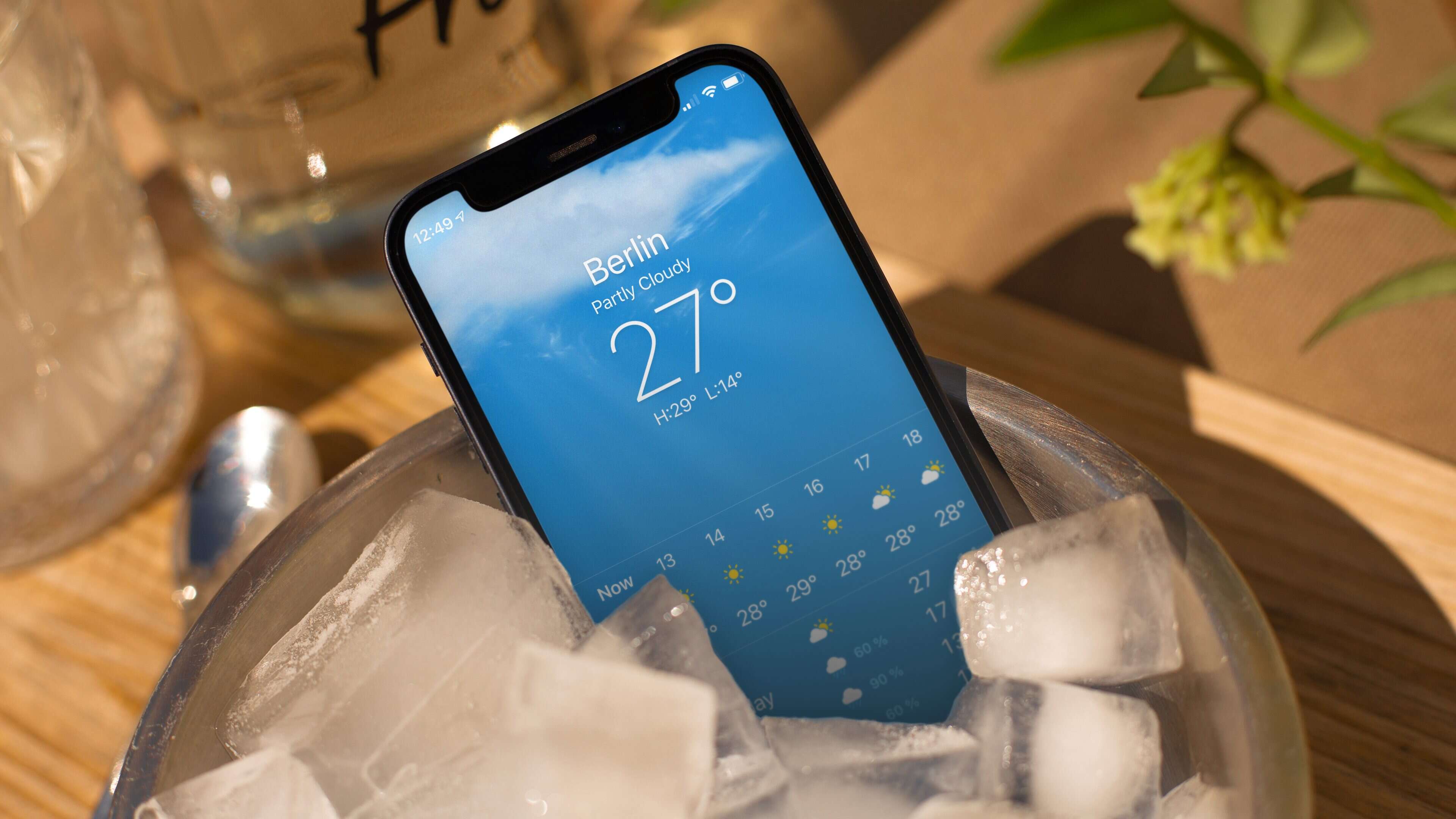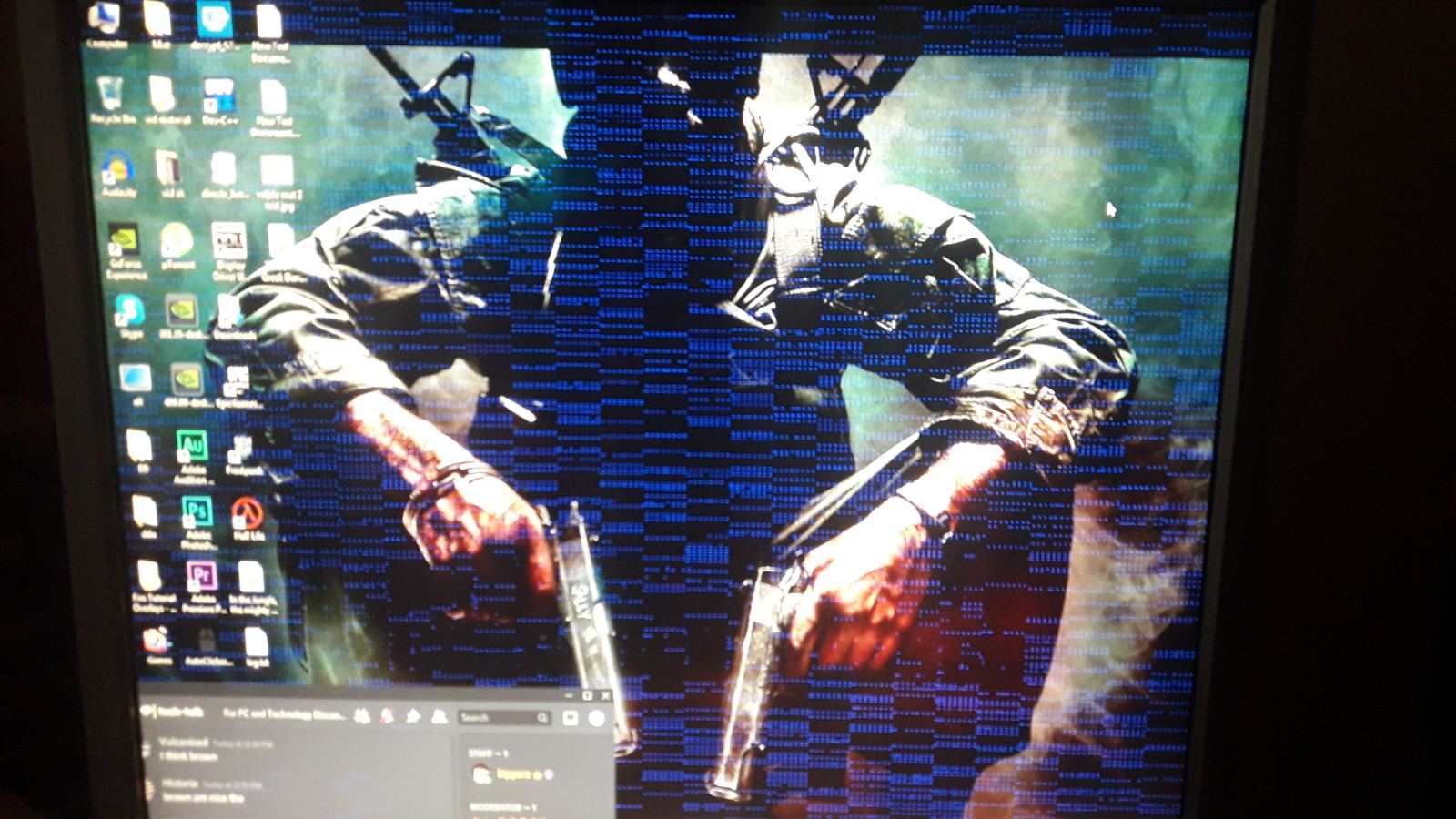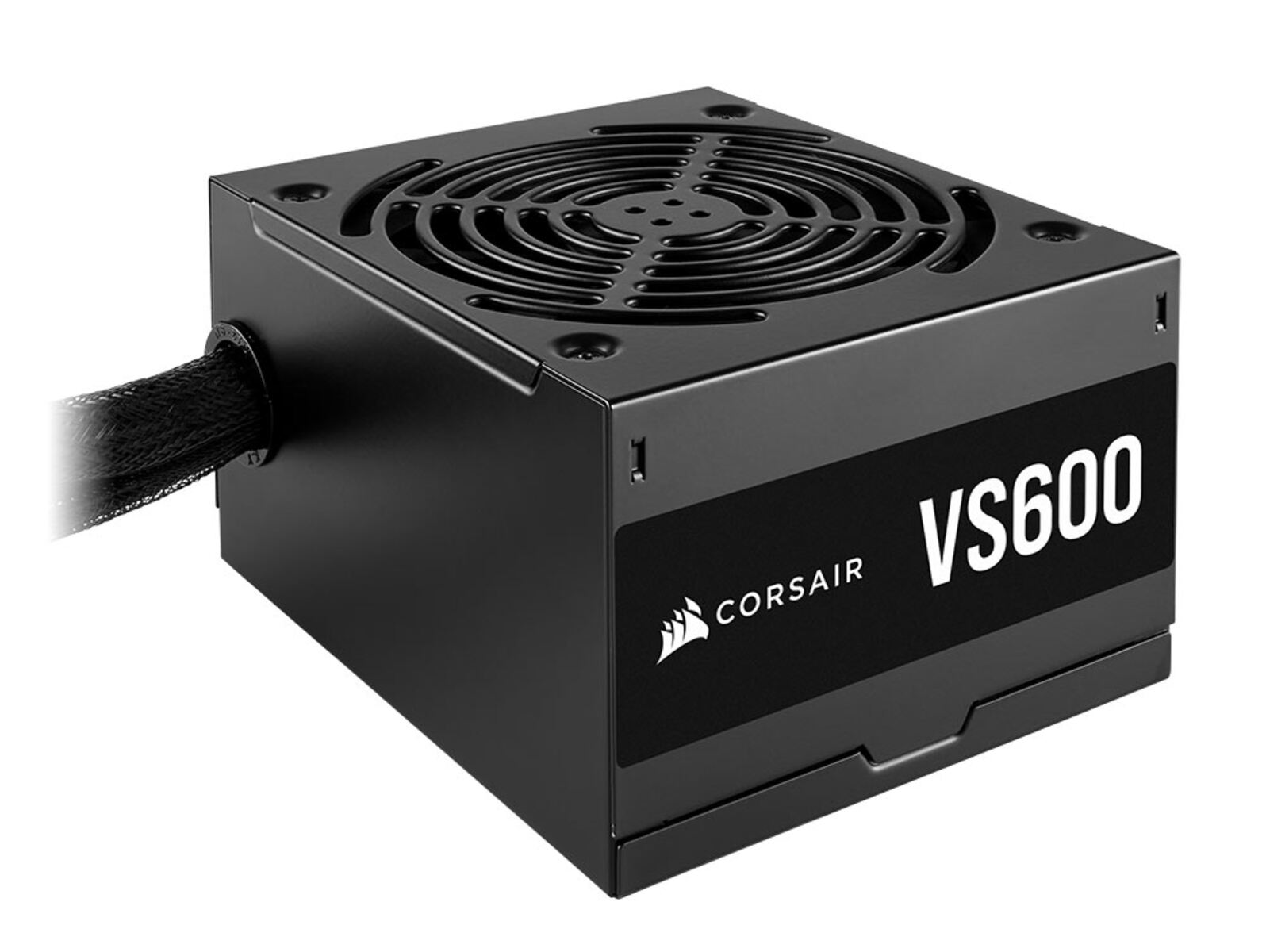How Does a GPU Work?
A GPU, or Graphics Processing Unit, is an essential component of a computer system responsible for rendering images, videos, and animations. Unlike the CPU (Central Processing Unit), which is responsible for the general computing tasks, the GPU is specialized in performing complex calculations required for generating high-quality graphics.
At the heart of a GPU are numerous processing cores or shader units, specifically designed to handle parallel processing tasks. These cores work together to process vast amounts of data simultaneously, allowing the GPU to handle complex graphical calculations with ease.
One of the key functions of a GPU is to render 3D graphics in real-time. To achieve this, the GPU receives data about the scene, including geometry, textures, lighting, and camera position, and performs a series of mathematical operations to transform the data into a 2D image that can be displayed on a screen.
Another important aspect of GPU functionality is shading, which involves applying color, lighting, and other visual effects to every pixel of an image or object. The GPU utilizes shader units to perform these calculations, ensuring the final output is visually appealing and realistic.
In addition to gaming and 3D graphics, GPUs are also utilized for other computationally intensive tasks such as video editing, machine learning, and cryptocurrency mining. Their parallel processing capabilities make them highly efficient for these tasks, allowing for faster computations and improved performance.
Overall, the GPU plays a critical role in the visual rendering process, ensuring smooth, immersive, and lifelike graphics. Its ability to handle complex calculations and simultaneously process large amounts of graphical data has revolutionized the gaming industry and various other fields that rely heavily on graphical processing.
What Causes GPU Overheating?
GPU overheating is a common issue that can occur due to several factors. Understanding these causes is crucial in preventing damage to your GPU and ensuring optimal performance. Here are some common reasons for GPU overheating:
- Dust and dirt accumulation: Over time, dust and dirt can accumulate on the GPU and surrounding components, obstructing the proper airflow and heat dissipation. This leads to the GPU running hotter than usual.
- Inadequate cooling system: If your computer’s cooling system, including fans and heat sinks, is not sufficient to handle the heat generated by the GPU, it can result in overheating. Poor ventilation in the computer case can also contribute to this issue.
- Overclocking: Overclocking is the process of pushing the GPU beyond its factory-set limits to achieve higher performance. However, excessive overclocking can cause the GPU to generate more heat than it can efficiently dissipate, leading to overheating.
- Insufficient thermal paste: Thermal paste is a material used to improve heat transfer between the GPU chip and its heatsink. If the thermal paste is not applied properly or has dried out over time, it can affect the GPU’s ability to dissipate heat effectively.
- Faulty fans or malfunctioning cooling system: If the fans responsible for cooling the GPU are not functioning correctly or if there is a malfunction in the cooling system, it can result in inadequate cooling and cause the GPU to overheat.
It’s important to note that the severity of GPU overheating can vary depending on the specific situation. While some cases may only result in decreased performance, prolonged overheating can cause permanent damage to the GPU, leading to system instability or even complete failure.
Regular maintenance and preventive measures can help avoid GPU overheating. Ensuring proper ventilation, cleaning the computer regularly, monitoring GPU temperatures, and avoiding excessive overclocking are some effective measures to prevent overheating issues.
Symptoms of GPU Overheating
GPU overheating can result in various symptoms, indicating that the graphics card is running too hot. Recognizing these signs is crucial to identify and address the issue promptly, preventing further damage. Here are some common symptoms of GPU overheating:
- Artifacts and graphical glitches: Overheating can cause artifacts or graphical glitches, such as flickering pixels, screen tearing, or distorted images. These visual anomalies occur when the GPU is unable to render graphics accurately due to the excessive heat.
- Sudden system crashes or freeze-ups: When the GPU gets too hot, it can trigger the system to crash or freeze. This is a protective measure to prevent further damage. If you experience frequent crashes or system instability during demanding tasks, overheating might be the culprit.
- Excessive fan noise: As the GPU tries to cool itself down by increasing the fan speed, you might notice a significant increase in fan noise. If the noise is louder than usual and persists even during idle or non-intensive usage, it indicates that the GPU is working hard to dissipate heat.
- Elevated GPU temperatures: Monitoring the GPU temperature is vital to identify overheating. You can use software utilities or dedicated hardware monitors to check the GPU temperature. If the temperature consistently exceeds safe operating limits, it suggests an overheating issue.
- Reduced performance or FPS drops: Overheating can cause the GPU to throttle its performance to prevent damage. If you notice a sudden drop in frame rates, sluggishness in graphics-intensive applications, or overall diminished performance, it may indicate GPU overheating.
It’s important to address these symptoms promptly to prevent long-term damage to your GPU. Ignoring the signs of overheating can lead to permanent hardware failure and expensive repairs. By taking appropriate measures to cool down the GPU and addressing the root causes of overheating, you can ensure optimal performance and extend the lifespan of your graphics card.
Consequences of GPU Overheating
GPU overheating can have severe consequences that not only impact the performance of your computer but also pose potential risks to the longevity of your graphics card. Understanding these consequences is crucial in addressing GPU overheating promptly. Here are some potential consequences of GPU overheating:
- Reduced GPU lifespan: Prolonged periods of overheating can significantly shorten the lifespan of your graphics card. Excessive heat can cause damage to the GPU’s delicate components, such as the transistors and capacitors, leading to diminished performance and eventual failure.
- System instability and crashes: Continuing to use a GPU that is consistently overheating can result in frequent system crashes or freezes. Overheating can cause the GPU to produce errors during graphical calculations, leading to instability in games, applications, and even the operating system.
- Artifacts and display issues: Overheating can cause graphical artifacts, such as distorted images, flickering pixels, or screen tearing. These visual anomalies not only affect the aesthetics of your graphics but can also hinder the viewing experience and make it difficult to use your computer effectively.
- Performance degradation: As the GPU overheats, it might throttle its performance to prevent further damage. This can result in reduced frame rates, sluggishness in graphics-intensive applications, and overall decreased performance. Tasks that once ran smoothly may take longer to complete or become unplayable.
- Hardware failure: In extreme cases, prolonged GPU overheating can lead to complete hardware failure. Overheating can cause irreparable damage to the GPU chip, rendering it unusable. This can be an expensive consequence, requiring a replacement or repair of the graphics card.
It’s crucial to address GPU overheating as soon as possible to mitigate these consequences. Regular maintenance, proper cooling, and adhering to safe operating temperatures can help prevent long-term damage to your GPU. By maintaining a cool and healthy operating environment for your graphics card, you can ensure optimal performance and extend its lifespan.
How to Prevent GPU Overheating
Preventing GPU overheating is essential to maintain optimal performance and extend the lifespan of your graphics card. By implementing the following preventive measures, you can significantly reduce the risk of GPU overheating:
- Ensure proper ventilation: Make sure that your computer case has adequate airflow to dissipate heat effectively. Keep the area around the computer free from obstructions and ensure that intake and exhaust fans are working properly.
- Clean your computer regularly: Dust buildup can obstruct airflow and insulate heat, leading to overheating. Regularly clean your computer case, including fans, heat sinks, and filters, to remove dust and maintain efficient cooling.
- Maintain optimal ambient temperature: Keep your computer in a well-ventilated area with a cool ambient temperature. Avoid placing your computer in direct sunlight or near heat sources, as this can increase the heat load on your GPU.
- Avoid overclocking: While overclocking can provide performance boosts, it also generates more heat. Avoid excessive overclocking, as it can strain the GPU and increase the risk of overheating. Opt for conservative overclocking settings or revert to the GPU’s default clock speeds.
- Apply high-quality thermal paste: Periodically check and, if necessary, replace the thermal paste between the GPU chip and its heatsink. High-quality thermal paste helps facilitate efficient heat transfer, reducing the risk of overheating.
- Monitor GPU temperatures: Utilize software utilities or dedicated hardware monitors to keep an eye on your GPU temperatures. Regularly monitor the temperatures to ensure they stay within safe operating limits and take necessary action if temperatures consistently exceed those limits.
- Avoid blocking GPU fans and vents: Ensure that there are no obstructions near the GPU fans and vents. Avoid placing objects on top of your computer or blocking the intake and exhaust areas, as this can hinder proper airflow and lead to overheating.
Implementing these preventive measures can go a long way in preventing GPU overheating. By maintaining proper cooling, cleanliness, and avoiding excessive heat generation, you can ensure that your graphics card operates within safe temperature ranges and enjoy optimal performance for an extended period.
Steps to Cool Down an Overheating GPU
If you notice that your GPU is overheating, it’s crucial to take immediate action to cool it down and prevent potential damage. Follow these steps to cool down an overheating GPU:
- Check airflow: Ensure that your computer case has proper airflow. Make sure that the intake and exhaust fans are clean and functioning correctly. Remove any obstructions near the GPU fans and vents to allow for better heat dissipation.
- Clean the GPU: Use compressed air or a soft brush to carefully clean the GPU fans, heatsinks, and other components. Removing dust and debris from these areas will help improve airflow and reduce temperatures.
- Adjust fan speeds: Increase the fan speed of your GPU to enhance cooling. You can do this through software utilities or the GPU control panel. Keep in mind that higher fan speeds may result in increased noise levels.
- Reduce ambient temperature: If possible, lower the ambient temperature of the room where your computer is located. Open windows, use air conditioning, or place a fan near the computer to create a cooler environment and help with GPU cooling.
- Improve case cooling: Consider adding additional case fans or upgrading the existing ones to enhance overall case cooling. This can help maintain lower temperatures not only for the GPU but also for other components.
- Undervolt or underclock the GPU: Adjusting your GPU’s voltage or clock frequencies can help reduce its power consumption and heat output without severely impacting performance. This can be done through GPU tuning software or the BIOS settings.
- Provide additional cooling: Consider using external cooling solutions such as GPU cooling pads, aftermarket coolers, or liquid cooling systems. These can provide extra cooling capacity and help lower GPU temperatures effectively.
- Take breaks and reduce workload: If you are pushing your GPU to its limits with intensive tasks such as gaming or rendering, take regular breaks to allow the GPU to cool down. Consider reducing the workload or adjusting graphics settings to lessen strain on the GPU.
- Check thermal paste: If you are comfortable with hardware maintenance, you can check the thermal paste between the GPU chip and heatsink. If it has dried out or is insufficient, apply a fresh layer of high-quality thermal paste to improve heat transfer.
It’s important to note that while these steps can help cool down an overheating GPU, it’s essential to address the root causes of overheating to prevent future occurrences. Regular maintenance, proper cooling, and adherence to safe operating temperatures are key to avoiding GPU overheating in the long run.
Seeking Professional Help
If you have tried various troubleshooting steps and your GPU continues to suffer from overheating issues, it may be time to seek professional help. Professional assistance can help diagnose and resolve underlying problems that may be causing the GPU to overheat. Here are some instances where seeking professional help is recommended:
- Repeated overheating: If your GPU consistently overheats even after implementing preventive measures and cooling solutions, it is advisable to consult a professional. They can assess the situation and provide more advanced cooling options or suggest hardware modifications.
- Hardware issues or damage: If you suspect that your GPU has sustained physical damage or is experiencing hardware malfunctions, it is best to consult a professional. They can diagnose the issue, perform necessary repairs, or recommend a suitable replacement if required.
- Warranty concerns: If your GPU is still under warranty, it is a good idea to contact the manufacturer or authorized service centers. They can provide guidance on troubleshooting steps, repair options, or facilitate warranty service if necessary.
- Lack of technical expertise: If you are not confident in your technical knowledge or experience with computer hardware, it is wise to seek professional help. They have the expertise and resources to diagnose and resolve complex GPU issues effectively.
- Custom cooling solutions: If you are considering installing advanced cooling solutions, such as liquid cooling systems or custom coolers, seeking professional assistance is highly recommended. They can help with proper installation, ensure compatibility, and optimize cooling performance.
Professional help can provide peace of mind and save you from potential mistakes or further damage to your GPU. Be sure to choose reputable service providers or consult authorized technicians who specialize in computer hardware repairs and maintenance.
Remember that prevention is always better than cure, so even after seeking professional help, continue implementing preventive measures to avoid future overheating problems. Regular cleaning, proper cooling, and monitoring GPU temperatures will help maintain optimal performance and prolong the lifespan of your graphics card.
Conclusion
GPU overheating is a common issue that can lead to various problems such as decreased performance, system instability, and potential hardware damage. Understanding how a GPU works, the causes of overheating, and the associated symptoms is crucial in taking preventive measures to maintain optimal performance and extend the lifespan of your graphics card.
By ensuring proper ventilation, regularly cleaning your computer, avoiding excessive heat generation, and monitoring GPU temperatures, you can significantly reduce the risk of GPU overheating. Proper cooling, both through hardware optimization and appropriate ambient temperature, is essential in dissipating heat effectively.
If your GPU continues to experience overheating issues, seeking professional help is recommended. Professionals can diagnose and address underlying problems, provide advanced cooling solutions, and even perform necessary repairs or replacements if required.
Remember, prevention is key. Regular maintenance and adherence to safe operating temperatures will help mitigate the risk of GPU overheating. By taking proactive steps to keep your GPU cool, you can ensure optimal performance, prolong the lifespan of your graphics card, and enjoy smooth and immersive gaming and graphics-intensive experiences.









